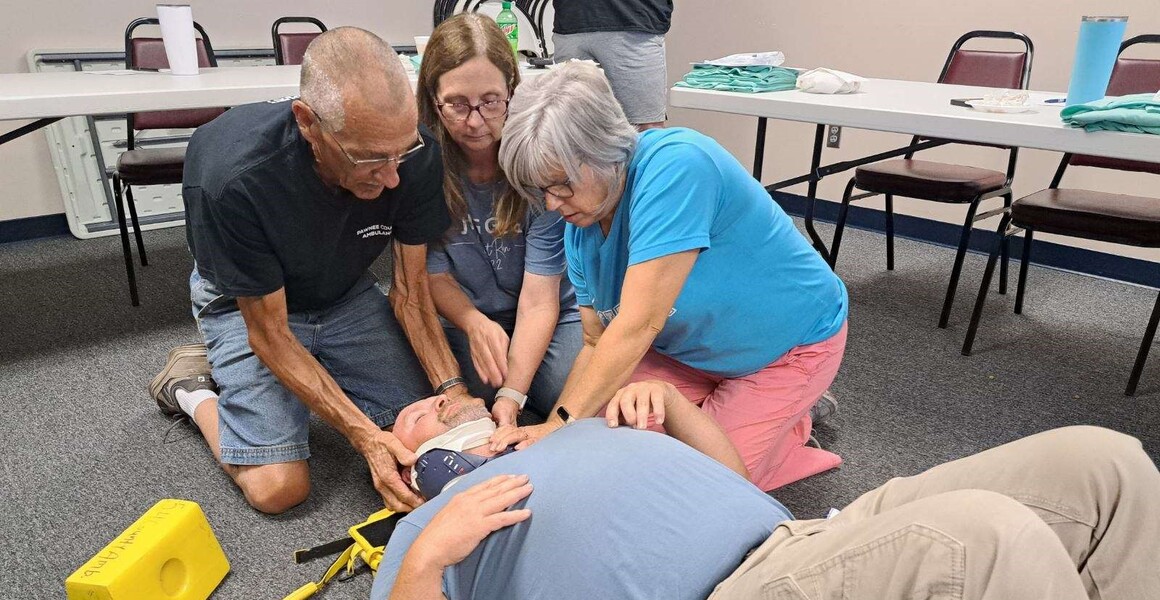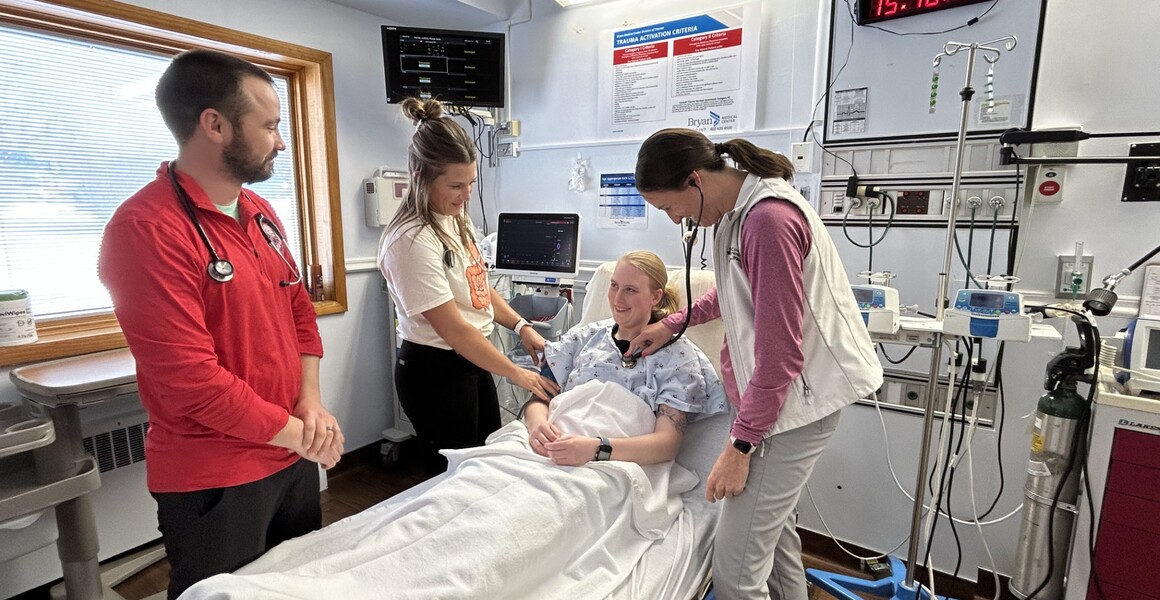More on the COVID-19 Vaccines
By Dr. George Voigtlander
On Friday afternoon the CDC offered recommendations on who may and should not get the 2 new COVID-19 vaccines.
They recommended that people who have had severe allergic reactions to components of the vaccines not receive it. These include the modified messenger RNA (mRNA), polyethylene glycol (the ingredient in MiraLAX) and tiny amounts of cholesterol. There are also minute amounts of potassium chloride, potassium phosphate, and like all good recipes a pinch of table salt. And lastly 6mg (about half the weight of a grain of table salt) of sugar (0.024 calories (about 0 minutes of running). There are two other ingredients whose names are exceedingly long, esoteric, and very uncommon. Most of the components are found in everyday foods and a couple of over-the-counter laxatives, all in microscopic amounts. Most of these ingredients are used to make the lipid coating of the mRNA, which is needed so the mRNA can be absorbed into our cells.
Dr. Mbaeyi of the CDC, said that severe allergic reactions are those that require injectable epinephrine and a trip to the emergency department, especially if an overnight hospitalization is needed. These are remarkably like the British National Health Service recommendations. Bear in mind George Bernard Shaw's observation that “England and America are two nations separated by a common language.”
Dr Amanda Cohn, also at the CDC, strongly recommended that any facility providing this vaccine be trained to recognize a severe allergic reaction and be able to administer epinephrine. If not within a hospital the facility must have immediately available EMS transportation and give epinephrine while waiting for the EMT’s to arrive.
The CDC said the following should receive the vaccine:
Those with a history of allergies to food, pets, insect venom, latex, oral medications, injections other than vaccines. People with non-serious reactions to vaccines should receive the COVID-19 vaccine.
A family history of anaphylaxis is not a disqualification for the vaccine.
If you had anaphylaxis, not related to vaccine you can still have the COVID-19 vaccine in an appropriate setting.
As more of the COVID-19 vaccines become available and given these guidelines will likely be refined.










